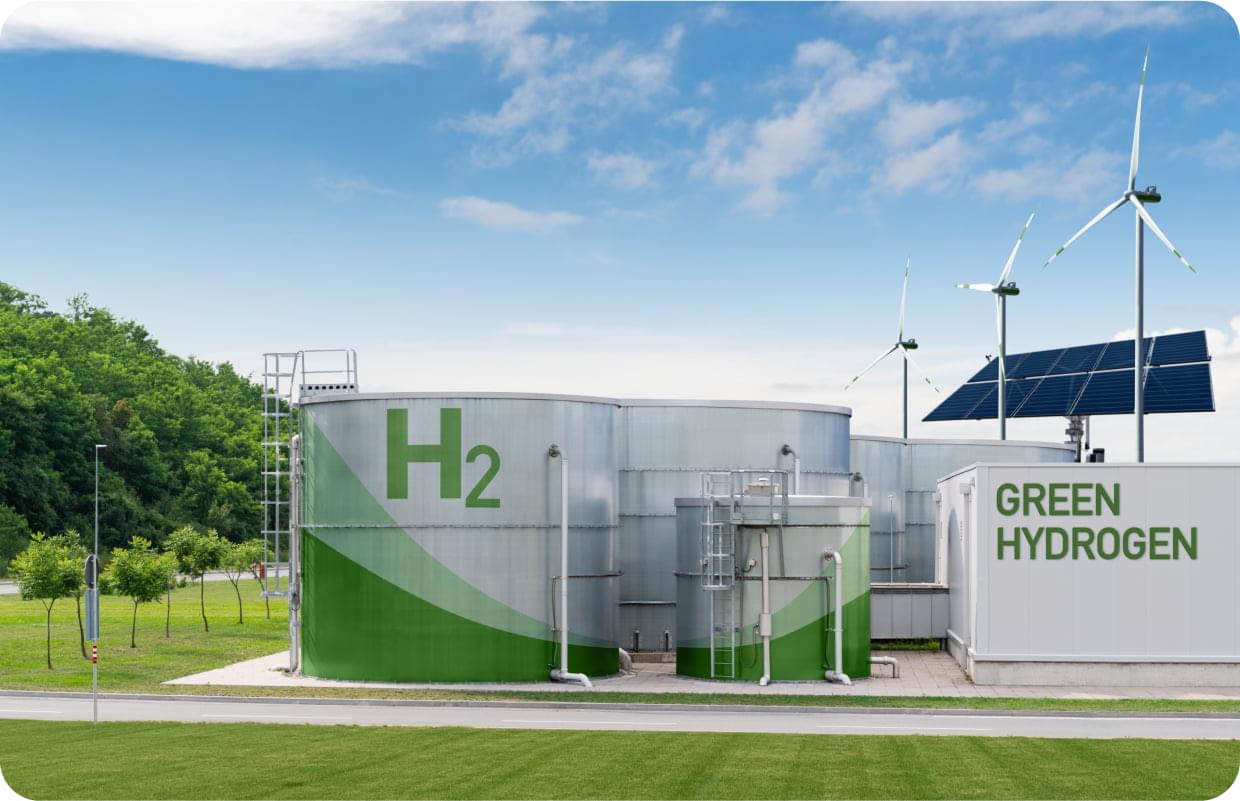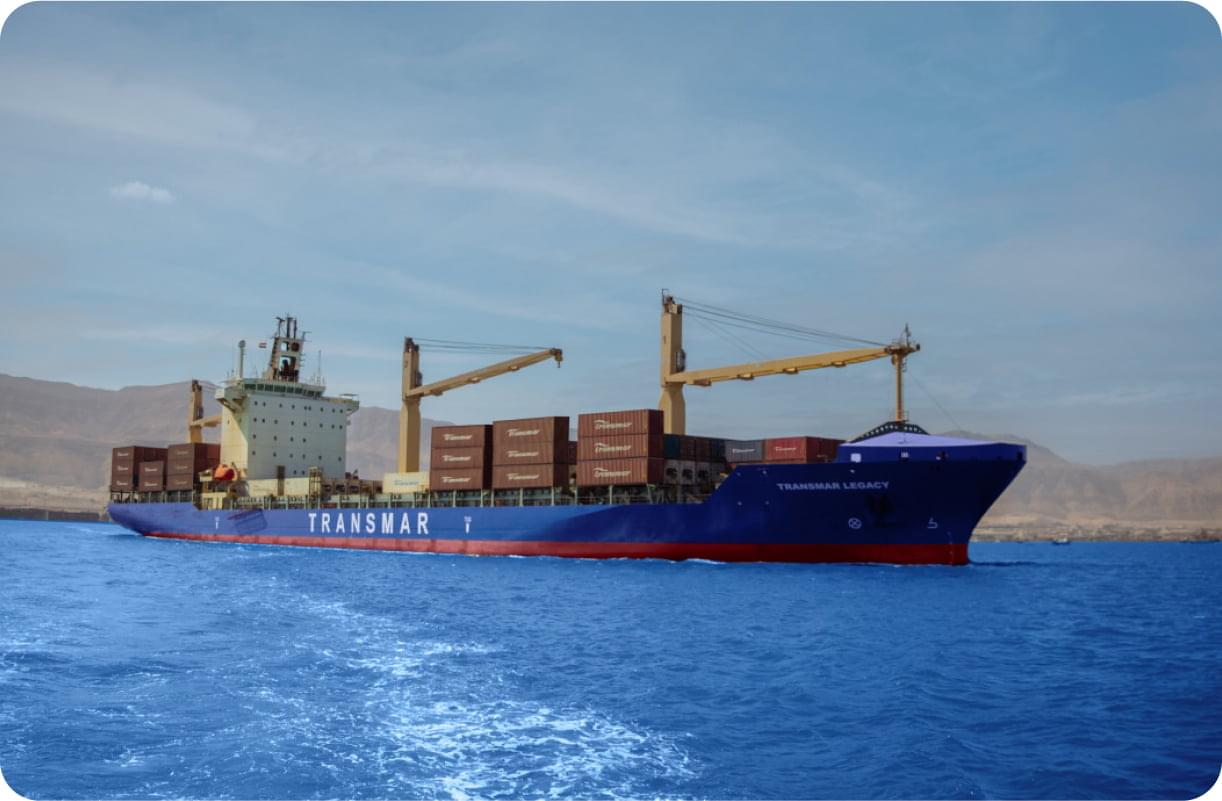
Decarbonizing Logistics
Transport and logistics emit 3.5 bn tonnes of CO₂ every year, with shipping alone accounting for around 3% of the total CO₂ emissions. Our focus is on decarbonizing the transport and logistics sector to help achieve the ambitious net zero target by 2040. To do so, we need to shift to alternative fuels, such as biofuels, hydrogen, ammonia, and electricity. Technological innovation, supportive policies, and collaboration across the value chain are also essential to make zero-emission oceangoing vessels commercially available and encourage the adoption of low- and zero-emission fuels and technologies.
